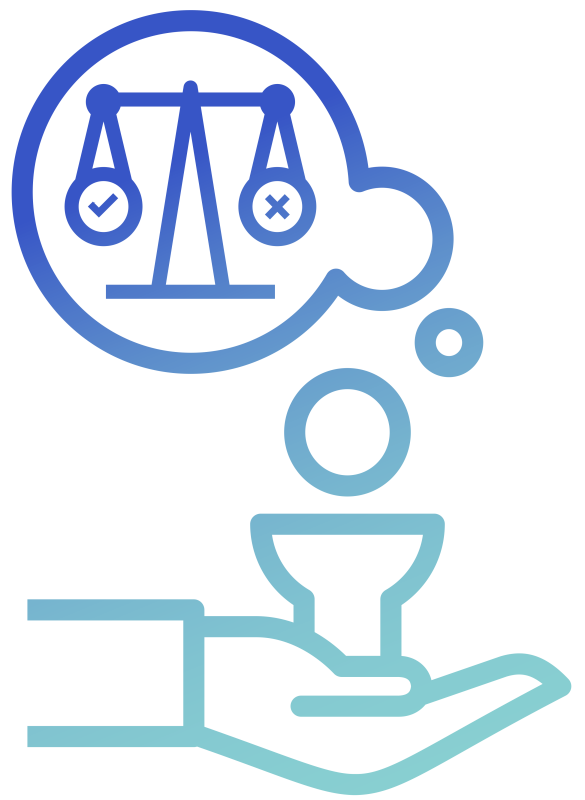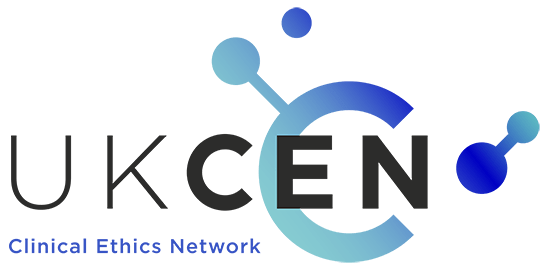Types of Framework
Frameworks for the ethical analysis of clinical cases have been developed and refined over decades, in different parts of the world and in ways that reflect different philosophical traditions.
Some of these frameworks have their heritage in other contexts – in approaches to teaching medical ethics, or in conducting medical ethics research, for example. Other frameworks have been tailored especially for the demands of clinical ethics consultation or committee work.
Below, we introduce a selection of the main frameworks, focusing especially on those that are frequently practiced in the UK clinical ethics context. We will also provide some information about the heritage of each framework and outline their basic structures.
Before outlining the frameworks, it is helpful to identify an important distinction between the types of framework available. Broadly these can be subdivided into substantive frameworks and procedural frameworks.
Substantive frameworks:
In substantive frameworks, the framework focuses its deliberative requirements around a core set of normative ethical values. These might take the form of formal principles or a set of relevant ethical considerations upon which the framework is founded.
In this category, the frameworks require the members of a clinical ethics service to ensure that all the relevant values are given due consideration, or weighted appropriately, in the decision-making process. The four principles framework and the four quadrants framework are examples of substantive frameworks.


Procedural frameworks:
In procedural frameworks, no ethical content (specific ethical values) is provided in advance to guide the deliberative process within the framework. Instead, the framework is built upon several required procedural steps that provide a step-wise method for ethical reasoning.
In this type of framework, the defensibility of the ethical advice provided is founded in the clinical ethics service’s adherence to these procedures. The normative force of these procedures (i.e., why we ought to follow the requirements in turn) differ across the frameworks. In some frameworks, these procedures capture well-recognised standards of justification and argumentation in ethical analysis; in other frameworks, the procedures require different stakeholders’ ethical views, intuitions or experiences to be given due consideration in the reasoning process.
It is important to recognise that procedural frameworks still require consideration to be given to ethical values in the deliberative process. It is just that these values are not pre-specified in advance, nor do they provide the core foundation upon which the framework is built. The Ethox approach and the ABC toolbox are examples of procedural frameworks.
Click here to download a PDF with further information about ethical frameworks, including worked-through examples of how each of the different frameworks would approach the ethical analysis of a case.
